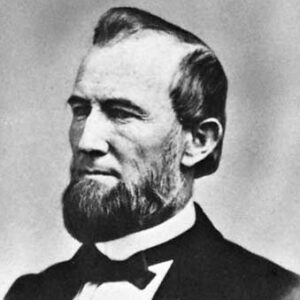 James Eads
James Eads
Race and Ethnicity: White - Starting with E
 James Eads
James Eads
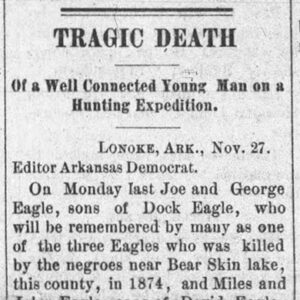 Eagle Murders Article
Eagle Murders Article
Eagle Murders of 1873
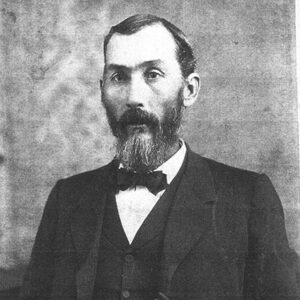 William H. Eagle
William H. Eagle
Eagle-Booe Feud
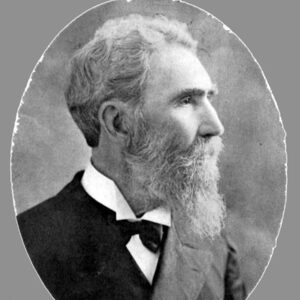 James Eagle
James Eagle
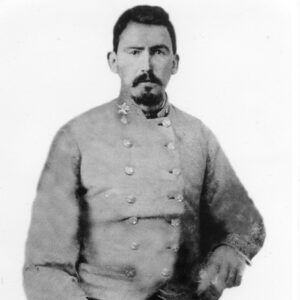 James Eagle
James Eagle
Eagle, James Philip
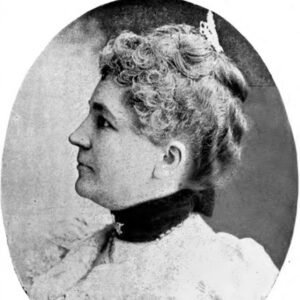 Mary Eagle
Mary Eagle
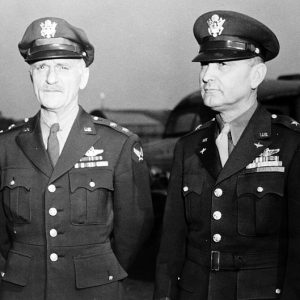 General Ira C. Eaker
General Ira C. Eaker
Eakin, Jno
aka: John Rogers Eakin
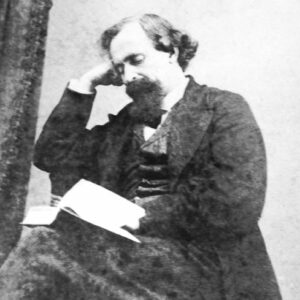 John Eakin
John Eakin
Earle, Fontaine Richard
Earle, Josiah Francis
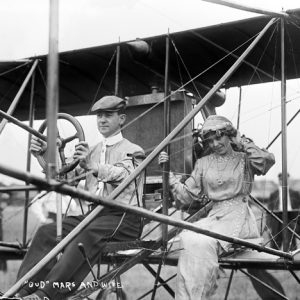 Early Aviation
Early Aviation
Eastham, Alan, Jr.
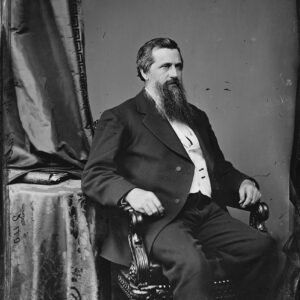 John Eaton
John Eaton
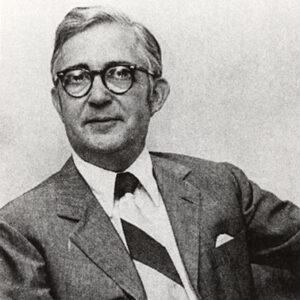 Duncan Eaves
Duncan Eaves
Eaves, Thomas Cary Duncan
Eberle, Edward Walter
 Ed Stilley
Ed Stilley
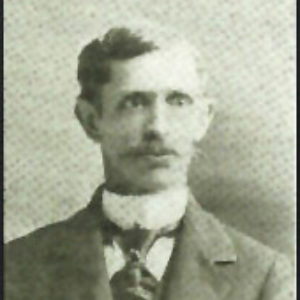 H. S. Edington
H. S. Edington
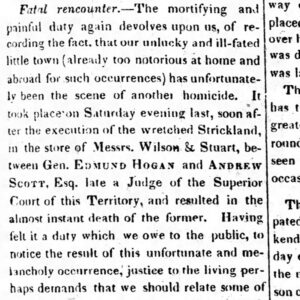 Edmund Hogan Death Story
Edmund Hogan Death Story
Edmunds, Howard (Execution of)
 The Education of Ernie Dumas
The Education of Ernie Dumas
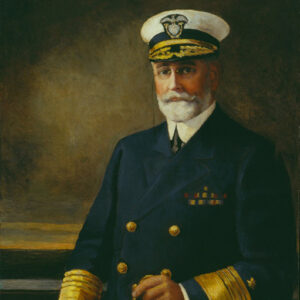 Edward Walter Eberle
Edward Walter Eberle
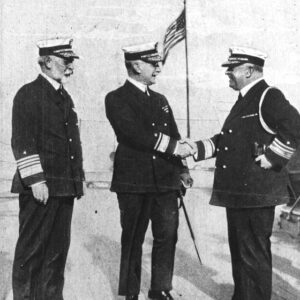 Edward Walter Eberle
Edward Walter Eberle
Edwards, Daniel Richmond
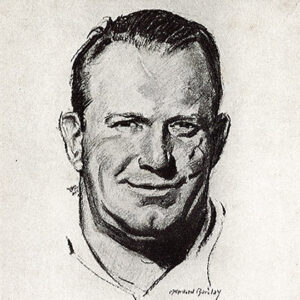 Daniel Edwards
Daniel Edwards
Edwards, John
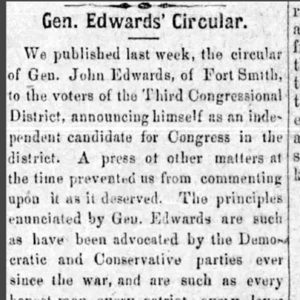 John Edwards Endorsement
John Edwards Endorsement
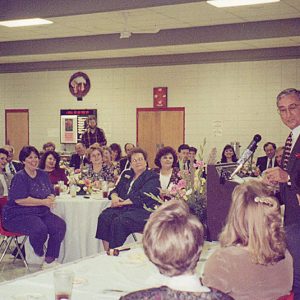 Paul Eells
Paul Eells
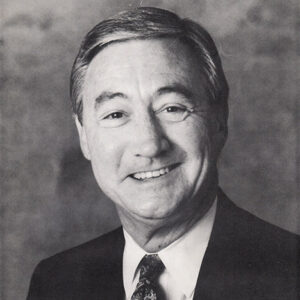 Paul Eells
Paul Eells
Eells, Paul Irving
Eichenbaum, Howard Samuel
Eighth Arkansas Infantry (CS)
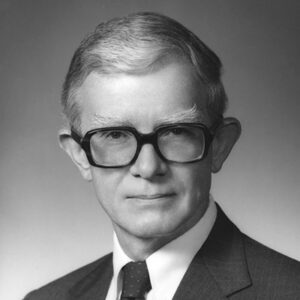 G. Thomas Eisele
G. Thomas Eisele
Eisele, Garnett Thomas (Tom)
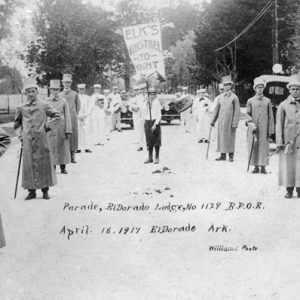 El Dorado Elks Parade
El Dorado Elks Parade
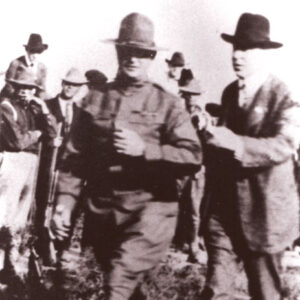 Elaine Massacre Aftermath
Elaine Massacre Aftermath
 Elberta Peaches
Elberta Peaches
Elder, Jim
aka: James Albert Elder
Elections during the Civil War
Elgin, Suzette Haden
aka: Patricia Ann Wilkins
Elkhorn to Berryville, Scout from
Ellender, Bennie
Ellington, Alice Sankey
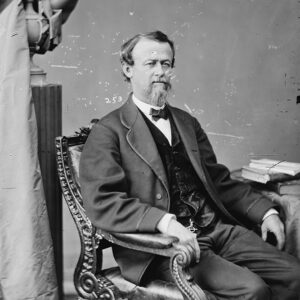 James T. Elliott
James T. Elliott
Elliott, James Thomas
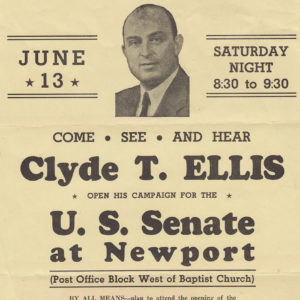 Ellis Broadside
Ellis Broadside




